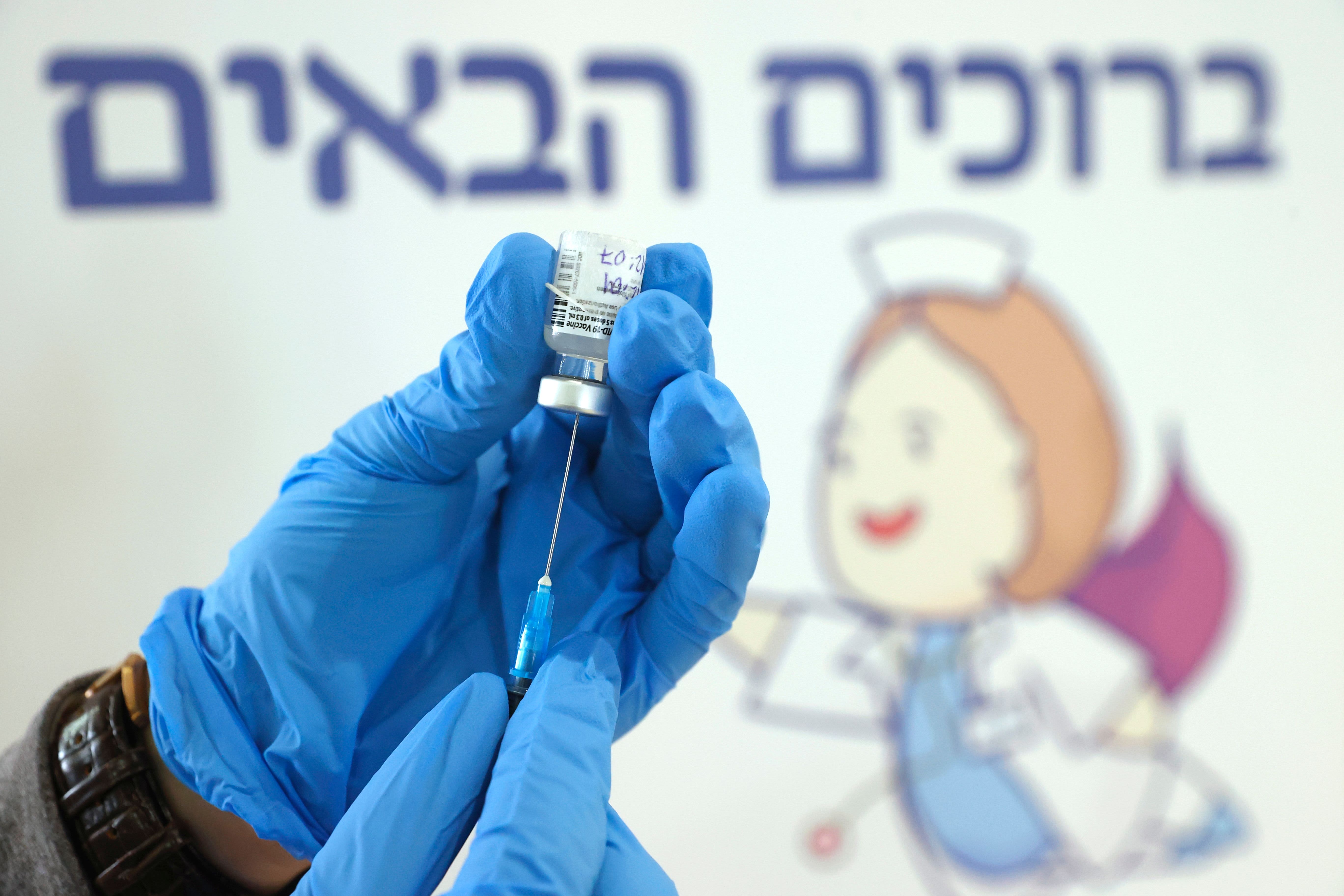Lawmakers on Tuesday dug into the details of the various COVID-19 variants that have been spreading around the globe and here in Massachusetts, and began to probe the ramifications the mutations could have on the economic reopening, the return to in-person schooling and more.
The COVID-19 and Emergency Preparedness and Management Committee and the Committee on Public Health jointly pulled together a roster of local epidemiologists, researchers and experts to highlight information about the COVID-19 variants and to gain a sense of what could be on the horizon.
"The questions that many of us are asking are, how do the variants impact our lives already? Do we actually pivot with new emerging variants or mutations of COVID-19? Does it impact our ability to continue moving forward with school openings, with reopening our economy, with visiting families? How do the variants or these mutations impact our overall safety?" said Public Health Committee Co-chair Rep. Marjorie Decker. "When it comes to vaccinations, what does it mean to be fully vaccinated when we know that variants continue to emerge?"
As of Saturday, the U.S. Centers for Disease Control said its sampling of cases had identified 1,100 cases of the B.1.1.7 variants in Massachusetts, making up 5.26% of the 20,915 cases the federal agency identified across the country.
The B.1.351 variant was identified in 12 Massachusetts cases sequenced, 2.65% of the 453 nationwide cases, and the P.1 variant was found in 102 Massachusetts samples -- just more than 20% of the cases found in the country and more than any state other than Florida.
Those three variants and the B.1.427 and B.1.429 mutants that are circulating in the U.S. have been identified by the CDC as "variants of concern," meaning there's evidence that these strains could be more contagious, cause more severe disease, or blunt the efficacy of treatments and vaccines.
"CDC is closely monitoring these variants of concern," the agency said. "These variants have mutations in the virus genome that alter the characteristics and cause the virus to act differently in ways that are significant to public health (e.g., causes more severe disease, spreads more easily between humans, requires different treatments, changes the effectiveness of current vaccines)."
In total, variants of concern made up just less than a quarter of all Massachusetts cases examined in the four-week period that ended March 13.
The B.1.1.7 variant was found in 18.6% of cases, the B.1.427/B.1.429 form was 3.6% of cases, the Brazilian P.1 variant accounted for 1.4% of Massachusetts cases and the B.1.351 was picked up in 0.2% of cases.
All other COVID-19 lineages were combined responsible for 76.3% of Massachusetts cases, the CDC said.



